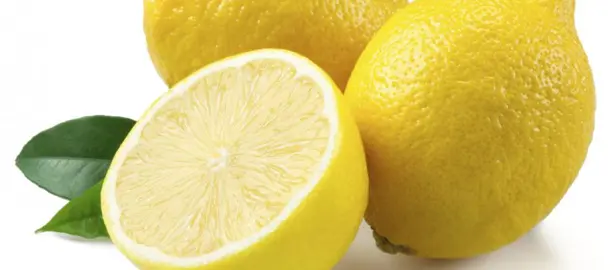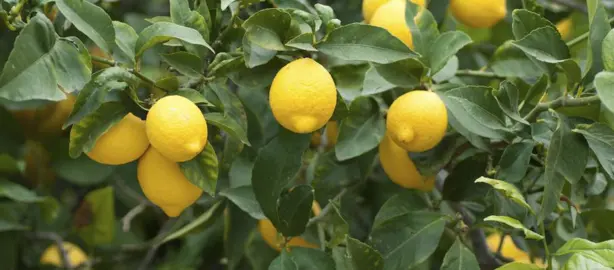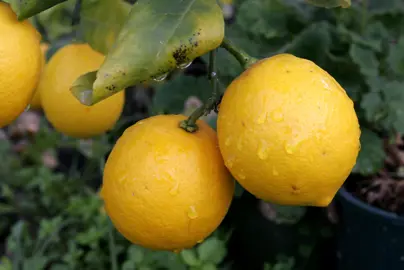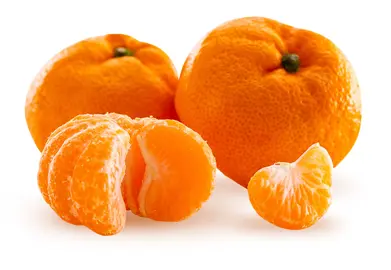Lemon Lemonade
The variety of Lemon ‘Lemonade’ is used to make the ever-popular lemonade drink. The fruit produced during winter and early spring are pale yellow, relatively easy to peel, and strongly scented with a mild, refreshing flavour. This heavy cropping, evergreen shrub typically grows to 2 m tall and the same wide and can be trimmed as necessary. The Lemon ‘Lemonade’ is commonly included in a mixed planting or maintained either in a container or in a courtyard garden.










